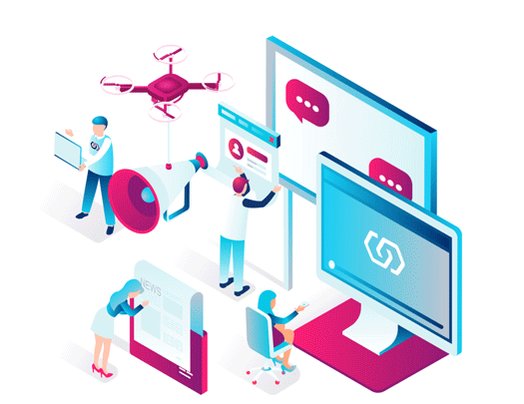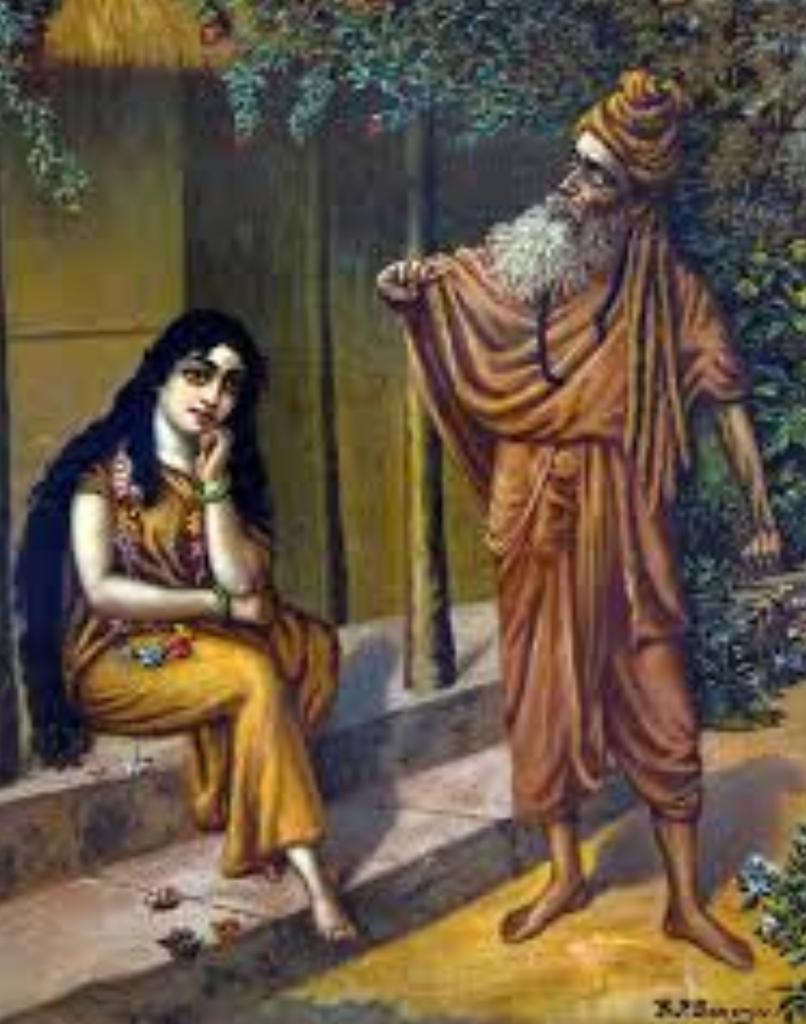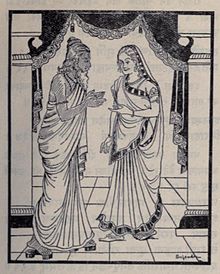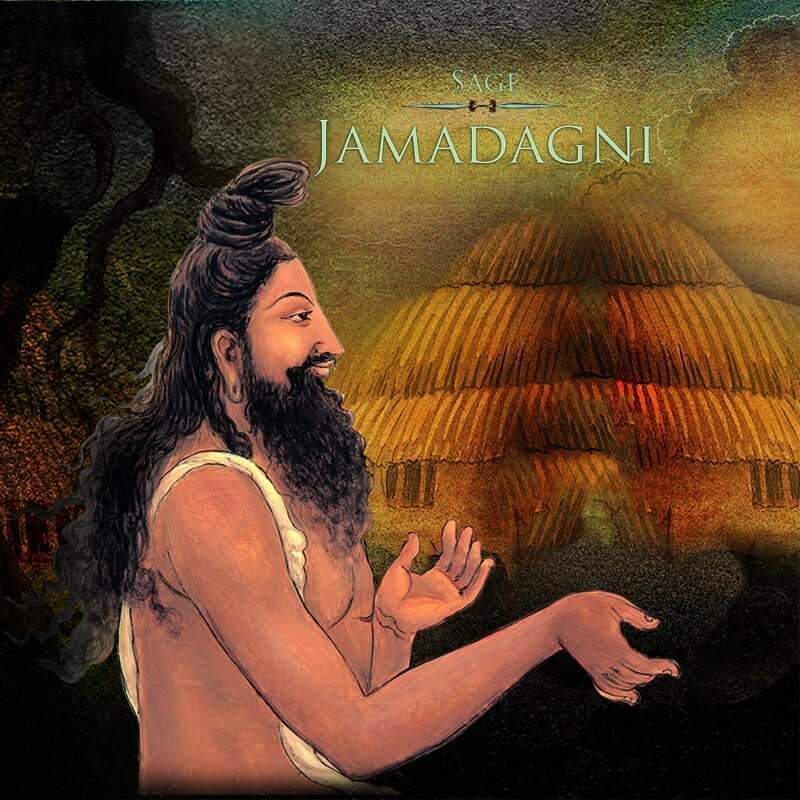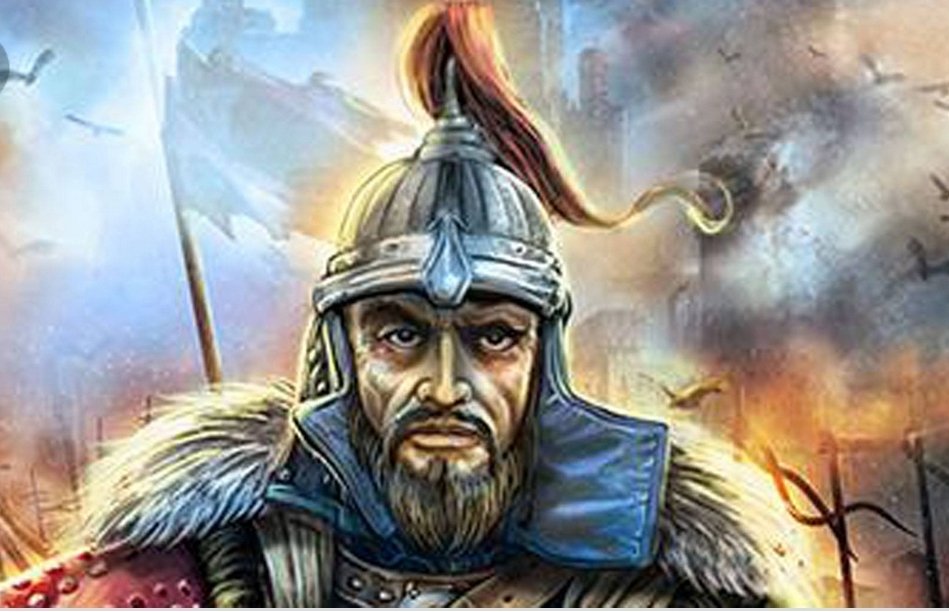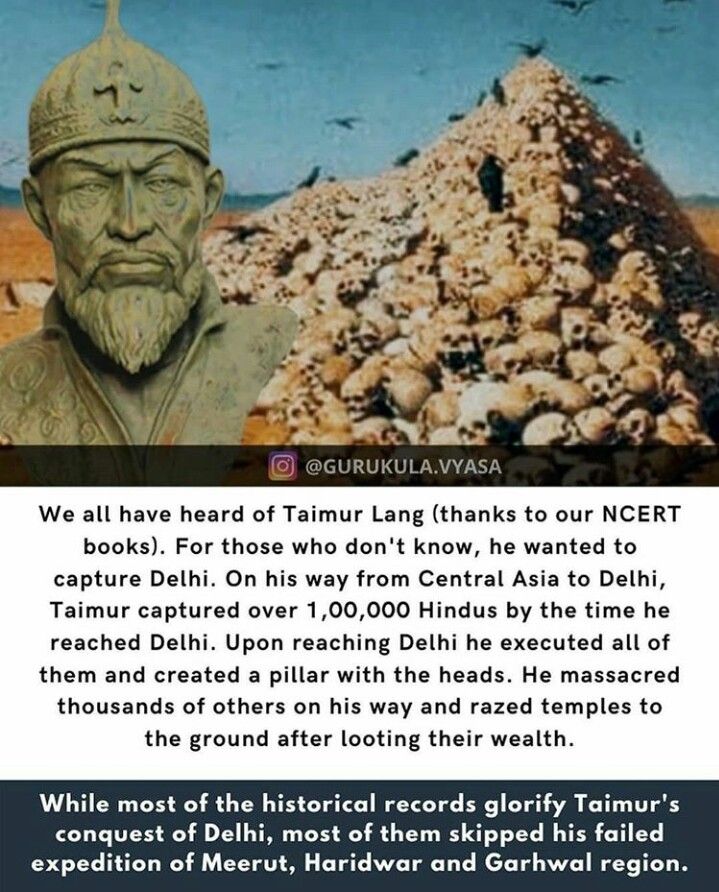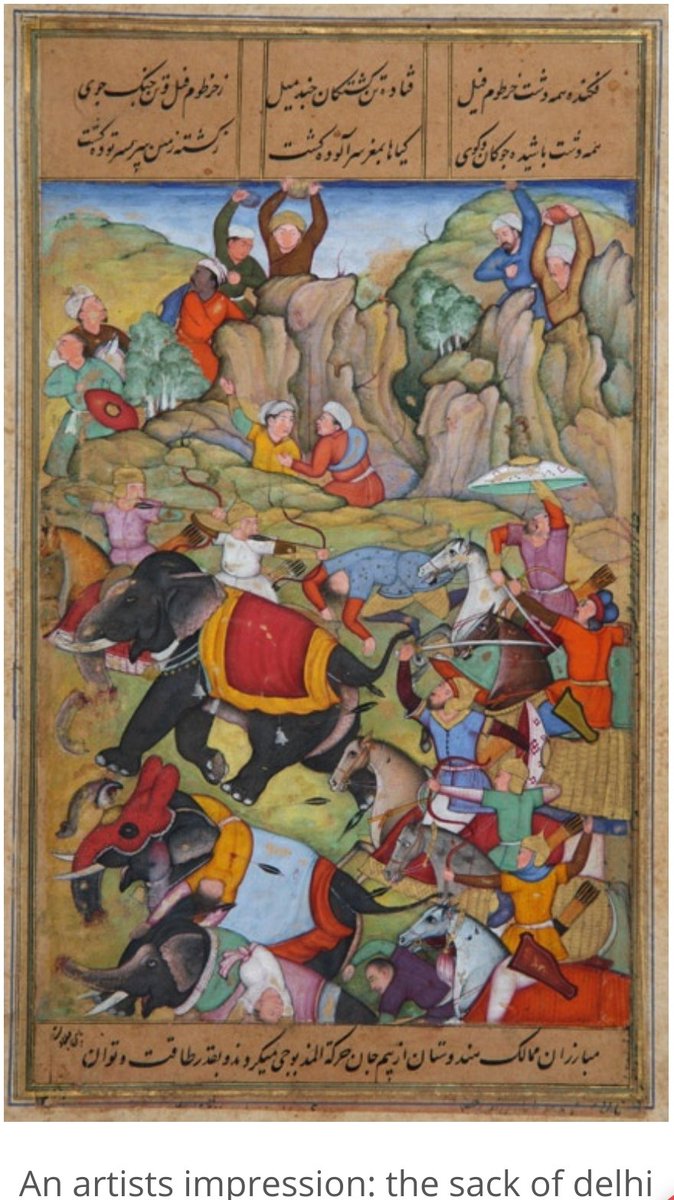As with so much else, #ASSA2021 will be a new (hopefully one-off) experience; and even though I'm not standing by a booth in a sub-basement of the Hyatt Regency Chicago, I'd like to introduce you to some recent and forthcoming books in #economics from
@yalepress 2/25
First up is CAUSAL INFERENCE: THE MIXTAPE by
@causalinf. The short description is that this is a toolkit for economists and other social scientists to untangle cause and effect, but this book is so much more than that 3/25
It is a labor of love by
@causalinf; a guide through one of the most important ideas in economics; and an indispensable "second book" for any econometrics course. It is also the only book you'll ever see that has been endorsed by both
@JustinWolfers and
@officialyoungmc 4/25
If you've used the online version of the Mixtape in the past, this edition is wholly revised and expanded, with coding for both R and Stata. An HTML version will be accessible at
https://t.co/QSvOJb0HSG. You'll want the physical book as well; they are complementary goods 5/25
If you are teaching a course and would like to consider CAUSAL INFERENCE for your class, you can request an examination copy through our website:
https://t.co/NT5DINSXu3 (you'll need to register and provide proof that you will be teaching a relevant course...) 6/25
Scott & I were so excited to launch this book at the #ASSA2021 meeting; in a normal year there would have been a book signing, refreshments, maybe a t-shirt cannon...perhaps next year. In the meantime, you'll have to settle for the Mixtape mixtape:
https://t.co/hfOSiIExV6 7/25
Just as a side note,
@causalinf is one of the most inspirational people I've worked with. He's someone who does things for the joy of discovery & the discovery of joy. He is an anchoring presence for #EconTwitter, and I am proud to be publishing his book 8/25
Next up are a few titles which came out during 2020, while the world fell apart 9/25
Before Covid dominated the headlines, the big story was trade wars. TRADE WARS ARE CLASS WARS by
@M_C_Klein and
@michaelxpettis shows why, despite the rhetoric that these wars are carried out to save jobs, they always serve the interests of the elites rather than workers 10/25
As it happened, the pandemic meant that there was an opportunity for the authors, who live in vastly different time zones, to take part in joint book discussions, including this one with
@adam_tooze: https://t.co/pGMW0vXuhQ 11/25
TRADE WARS ARE CLASS WARS was also long-listed for the
@FinancialTimes Business Book of the Year award:
https://t.co/Ai0l8nEDk2 and named a best business book for 2020 by
@stratandbiz 12/25
As a side note,
@michaelxpettis is also founder of the independent music label
@maybemars, home of the most interesting sounds coming out of China:
https://t.co/98vHbyfwcC (my recommendation: start with
@carsickcars, @TheFuzzChina, &
@HIPERSONBAND and go from there) 13/25
Also published earlier in 2020,
@RSkidelsky's WHAT'S WRONG WITH ECONOMICS? suggests that a focus on scientific certainty is unhealthy for economics.
@martinwolf_ wrote that the book is "an important and fundamentally correct critique of the core methodology of economics" 14/25
BETTER BUSINESS by
@CMarquisCornell is a tour through the rise of the
@BCorporation movement, which offers an alternative to shareholder capitalism and allows companies to focus on a "triple bottom line" of profit, people, and planet 15/25
THE COST OF FREE MONEY by
@PaolaSubacchi warns of the dangers of unchecked capital mobility.
@martinwolf_ named it a 2020 best book in economics in the
@FT, writing that Subacchi "lucidly describes the failings of the international monetary" 16/25
ECONOMISTS is easily the most beautiful book I've been involved with, featuring gorgeous photos from Mariana Cook, probing questions from Robert Solow, and insightful essays from each of the figures profiled. It's a must-have for every economist's coffee table 17/25
Finally: a preview of some books coming your way over the next few months 18/25
When I asked
@rauchway to write a short book about WHY THE NEW DEAL MATTERS, I never imagined how relevant it would become. Much like today, the book opens on an America reeling from crisis, exacerbated by the country's leadership failing to contain it 19/25
The book shows why the New Deal remains the gold standard for a bold governmental response to crises, and how its legacy still shapes our lives today. It also examines the flawed aspects of the New Deal, notably the long shadow cast by segregation 20/25
ADAPTING TO CLIMATE CHANGE by
@mattkahn1966 looks at the inevitable choices we will need to make as the planet gets hotter, and suggests ways that smart market design will help society adjust to our new reality.
@tylercowen calls the book "essential reading" 21/25
DEMOCRACY, RACE & JUSTICE collects the writings and speeches of Sadie Alexander, the first Black person to receive a Ph.D. in economics in the United States. Edited by
@Nina_EBanks, the book makes much of this material widely available for the first time 22/25
Sadie Alexander is a pivotal figure in the history of economics, and her rediscovery by the field is long overdue. In addition, this collection is a precursor to
@Nina_EBanks' biography of Alexander, which will publish next year 23/25
You can find out more information about these and other books at
@yalepress' dedicated #ASSA2021 website:
https://t.co/3KvyEPAZDa, where you can also order these books at a 30% discount through April 30th. Full list is here:
https://t.co/KDG8Kfo2QD 24/25
If you'd like to find time to discuss a book idea, or just have questions about publishing, I am holding office hours during the #ASSA2021 and through the month; you can book time with me via:
https://t.co/t8a7ikGBS6. Stay safe, wear a mask, and see you in Boston next year! 25/25
One last note: if you are a journalist and would like a review copy of any of our forthcoming #economics books, please reach out to me so that I can connect you with our publicists at
@yalepress 26/25












